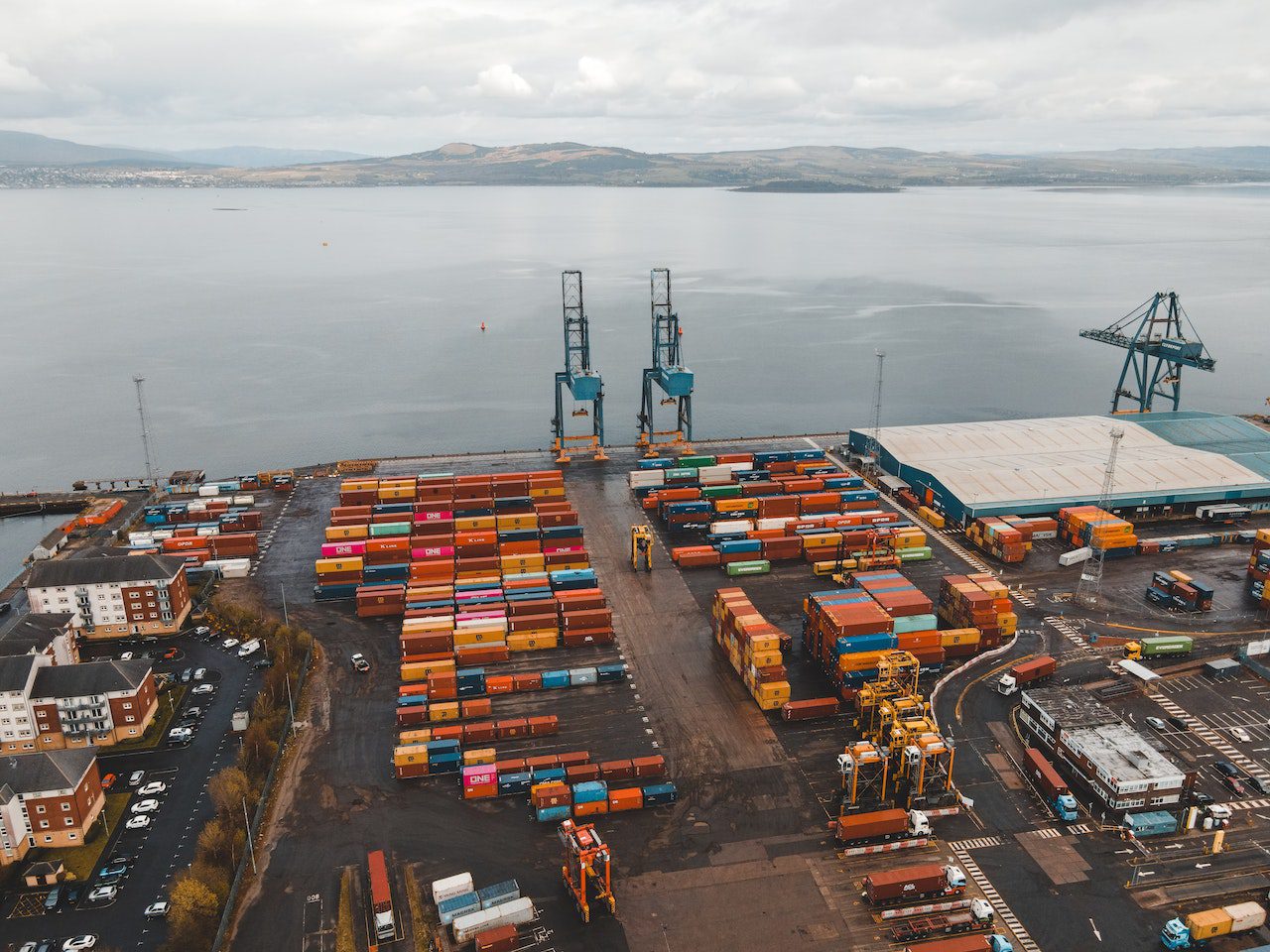
Understanding the fees involved in importing cargo via ocean freight is crucial for importers to ensure fair and transparent transactions. While the majority of fees are legitimate and necessary for the shipping process, there are instances where hidden charges and erroneous fees may arise, potentially burdening importers with additional costs.
In this blog, we will explore the appropriate fees typically associated with ocean freight shipping, shed light on hidden fees that can emerge after the cargo has shipped or landed, and guide avoiding these hidden or fake fees to ensure a fair importation process into the USA.
Appropriate Fees in Ocean Freight Shipping:
a) Ocean Freight Charges: The total cost of transporting goods via the ocean.
b) Port Charges: Fees levied by the port for services like loading and unloading cargo, terminal handling, and documentation.
c) Customs Duties and Taxes: Charges imposed by customs authorities for the importation of goods, including import duties, value-added taxes (VAT), and other applicable taxes.
d) Terminal Handling Charges (THC): Fees incurred for the handling of containers at the port, encompassing both import and export procedures.
e) Documentation Fees: Charges associated with the preparation and processing of necessary documents, such as bill of lading, commercial invoice, and customs clearance paperwork.
f) Container Freight Station (CFS) Charges: Costs for using CFS facilities, which provide consolidation, deconsolidation, and cargo storage services.
g) Delivery Charges: Fees for the transportation of goods from the port to the importer’s designated location, often dependent on distance and transportation mode.
At DGL, our Sales and Operations Team professionals offer total transparency of costs upfront. Our team will thoroughly cover every single fee associated with your cargo shipments. When you agree to the terms, you will rest assured that there is absolutely no chance of experiencing surprise costs at any point in the transportation of your goods from start to finish. What you see is what you get.
Fees after Cargo Shipment or Port Arrival:
a) Demurrage and Detention Charges: Demurrage refers to fees imposed when cargo remains at the port beyond the allotted free storage time. At the same time, detention charges are incurred when containers are held by the importer beyond the allowed timeframe for cargo return.
b) Storage Charges: Costs accrued when cargo is stored at the port or a warehouse beyond the free storage period.
c) Customs Examination Fees: Charges associated with additional inspections, examinations, or screenings conducted by customs authorities.
d) Quarantine Fees: Fees incurred for goods that require quarantine inspections due to health or safety concerns.
e) Chassis Usage Fees: Costs applicable when utilizing chassis (trailer frames) for transporting containers from the port.
Erroneous Fees and How to Avoid Them:
Unfortunately, some freight forwarders may attempt to charge importers fees that are either hidden or entirely fabricated. Here are a few examples:
a) Documentation Amendment Fees: Some freight forwarders may claim to charge fees for minor document amendments, such as correcting a typographical error. However, such charges are typically unnecessary and should be clarified with the freight forwarder in advance.
b) Processing Fees for Nonexistent Services: Be cautious of any fees imposed for vague services that are not essential or unrelated to the shipment process. Ask for detailed explanations and justification for such charges to avoid falling victim to unnecessary fees.
To avoid hidden or fake fees, importers should consider the following:
a) Transparent Communication: Establish clear communication with the freight forwarder, seeking written confirmation of all fees and services upfront.
b) Contract Review: Carefully review the terms and conditions of the contract to ensure it accurately reflects the agreed-upon charges and services.
c) Research and Comparison: Conduct thorough research comparing rates and fees across freight forwarders to identify any significant discrepancies.
d) Seek Recommendations: Consult with trusted industry professionals or experienced importers to gain insights and recommendations regarding reputable freight forwarders who adhere to fair pricing practices.
Importers must navigate the ocean freight landscape with awareness and vigilance to ensure they are charged fairly for importing cargo into the USA. While legitimate fees are integral to the shipping process, hidden fees, and erroneous charges can disrupt budgets and create unnecessary financial burdens. By familiarizing themselves with the appropriate fees associated with ocean freight, understanding the potential for hidden charges after shipment or port arrival, and being cautious of fake fees, importers can protect themselves from unfair practices.
To achieve a transparent and fair importation process, maintaining open and clear communication with freight forwarders, reviewing contracts diligently, conducting thorough research, and seeking recommendations from trusted sources are essential. By implementing these strategies, importers can confidently engage in ocean freight shipping, ensuring they are charged appropriately and avoiding unnecessary financial surprises.
If you had had any experiences where costs not covered in the initial quoting phase came up later in the process, either during the transport of your goods or when they landed, schedule some time with our team to discuss what happened and how we handle things differently. Our 47-year track record of full transparency of costs and fees associated with your cargo shipments is part of the Dedola Difference and one of the reasons why importers stay with us for years or decades.
DOWNLOAD GUIDE: Evaluating Freight Forwarders Shipment Tracking Solutions


